Ukraine-Russia Peace Talks in Crisis: Zelensky Criticizes Putin’s 'Unserious' Approach
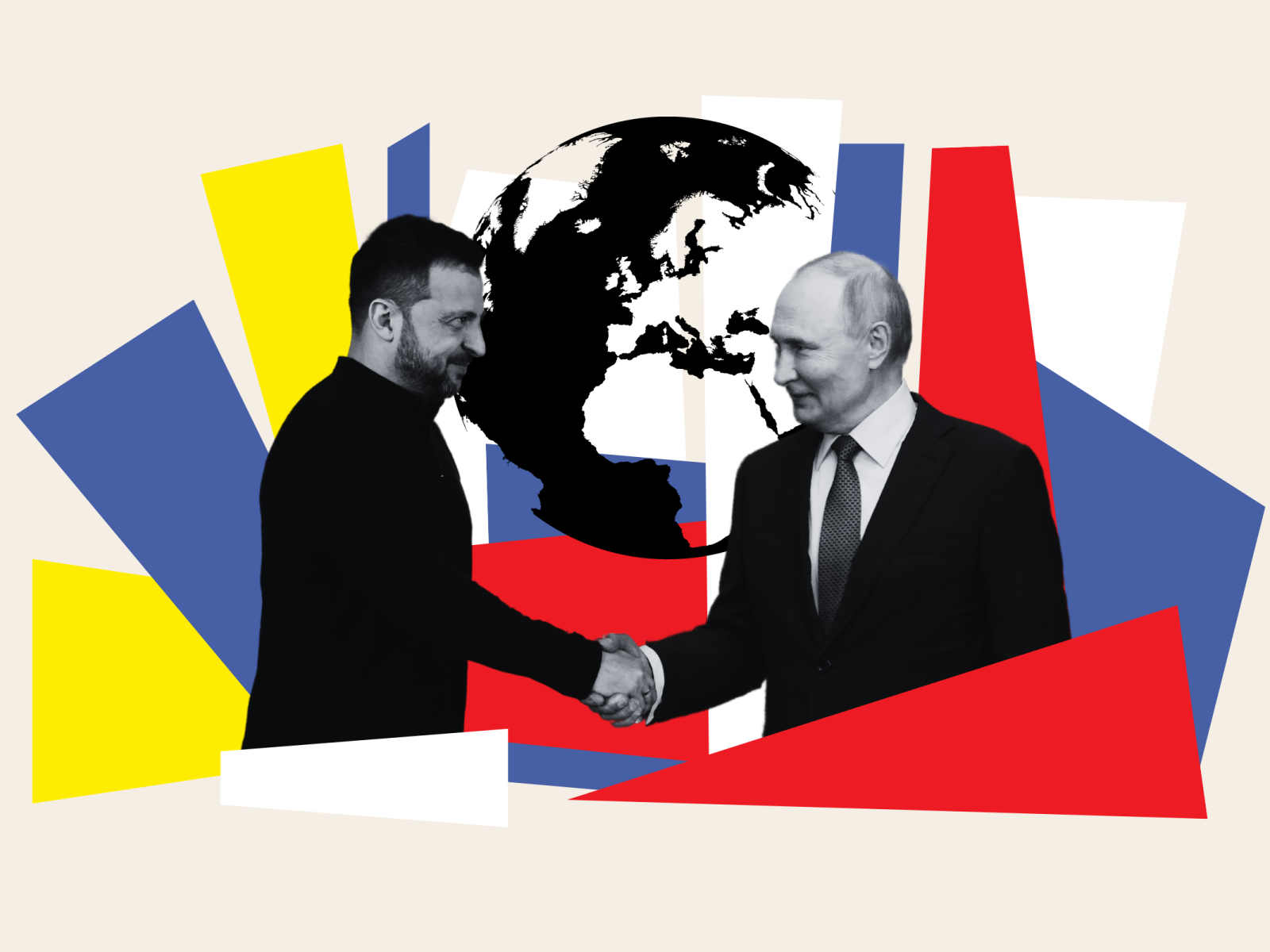
A highly anticipated new round of Ukraine-Russia peace talks descended into disarray on Thursday, as the two sides arrived in separate Turkish cities and questioned whether negotiations would happen at all. The confusion underscored the deep mistrust and division that continued to hamper efforts to end the war.
Ukrainian President Volodymyr Zelensky, speaking from Ankara after talks with Turkish President Recep Tayyip Erdoğan, criticized the Kremlin for sending only a midlevel delegation to Istanbul, where Russia wanted the talks to take place.
“There is no time, no agenda, and no high-level delegation,” Zelensky said. “I think Russia’s attitude is unserious.”
Despite the disarray, both sides signaled by Thursday evening that talks could still proceed, likely on Friday. Zelensky said he would send a reduced Ukrainian delegation, led by Defense Minister Rustem Umerov, to Istanbul “to demonstrate Ukraine’s commitment to any genuine effort toward peace,” even in the face of limited expectations.
The negotiations were further overshadowed by former U.S. President Donald Trump, who is attempting to mediate the war since returning to office earlier this year. Speaking to reporters aboard Air Force One en route from Qatar to the UAE, Trump said, “Nothing’s going to happen until Putin and I get together.” He hinted that he might travel to Turkey on Friday if developments warranted it, though no summit has been confirmed.
The prospect of a breakthrough appeared dim. Russian President Vladimir Putin had previously proposed direct talks with Ukraine — their first since the early weeks of the war in March 2022. But he declined Zelensky’s call to attend the meeting in person, instead dispatching the same delegation that had led failed talks in 2022.
Vladimir Medinsky, a former culture minister and Russia’s lead negotiator, described the current talks as a continuation of the 2022 peace process. “The delegation is committed to a constructive approach,” he said from Russia’s consulate in Istanbul. Yet, his comments also echoed Russia’s long-standing demands that Kyiv sees as unacceptable, including a pledge never to join NATO and curbs on Ukraine’s military.
Zelensky reiterated that Ukraine seeks an immediate and unconditional cease-fire, while Putin is demanding significant concessions before halting hostilities — including what the Kremlin calls the “root causes” of the conflict, code for Ukraine’s pro-Western alignment.
Turkey is playing a central mediating role. Turkish officials confirmed that Keith Kellogg, President Trump’s special envoy for Ukraine, was already in Istanbul, while Steve Witkoff, the envoy for the Middle East and Russia, was expected to arrive on Friday.
U.S. Secretary of State Marco Rubio, attending separate meetings in Antalya, said the Trump administration is “impatient” for progress and “open to virtually any mechanism” that could secure a durable peace. “We remain committed to that,” he added.
Meanwhile, confusion reigned on the ground. Dozens of journalists gathered at Istanbul’s historic Dolmabahçe Palace, where earlier talks had been held, only to find no negotiators in sight. The misalignment in location and delegation size fueled skepticism about both sides' seriousness.
Trump's peace initiative has drawn criticism, particularly for its lack of coordination with European allies. Earlier this year, Trump reportedly blamed Kyiv for the ongoing war — despite Russia’s 2022 invasion — and temporarily suspended military aid after berating Zelensky during a tense Oval Office meeting.
In a dramatic shift in policy, Zelensky later agreed to Trump’s demand for a 30-day cease-fire without preconditions, abandoning a previous requirement for Western security guarantees. Putin, however, rejected that offer and instead proposed a symbolic three-day truce during Russia’s Victory Day celebrations, which Ukraine declined.
According to the United Nations, violence has intensified this year despite diplomatic efforts. Casualties during the first months of 2025 have exceeded those in the same period of 2024.
With no meeting time confirmed and major gaps in expectations, Thursday’s events suggested the Ukraine-Russia peace process remains stalled — even as the human toll continues to rise.
-NYTimes input



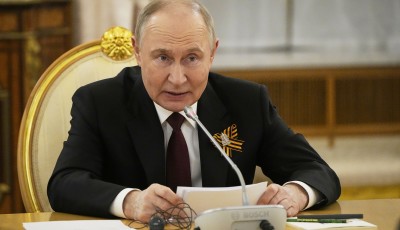
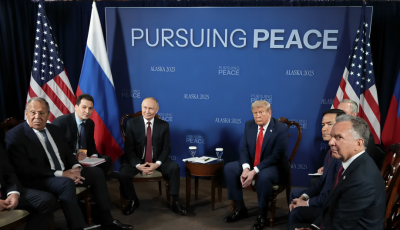


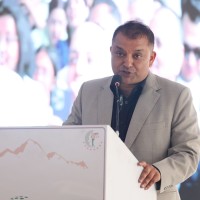
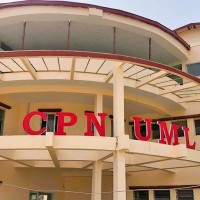
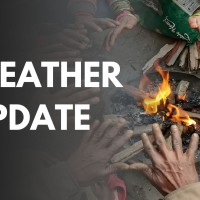

.png)
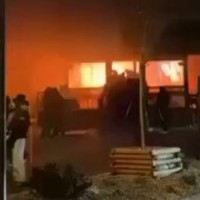

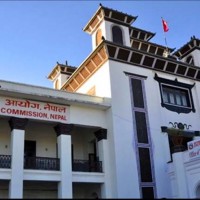
तपाईको प्रतिक्रिया दिनुहोस